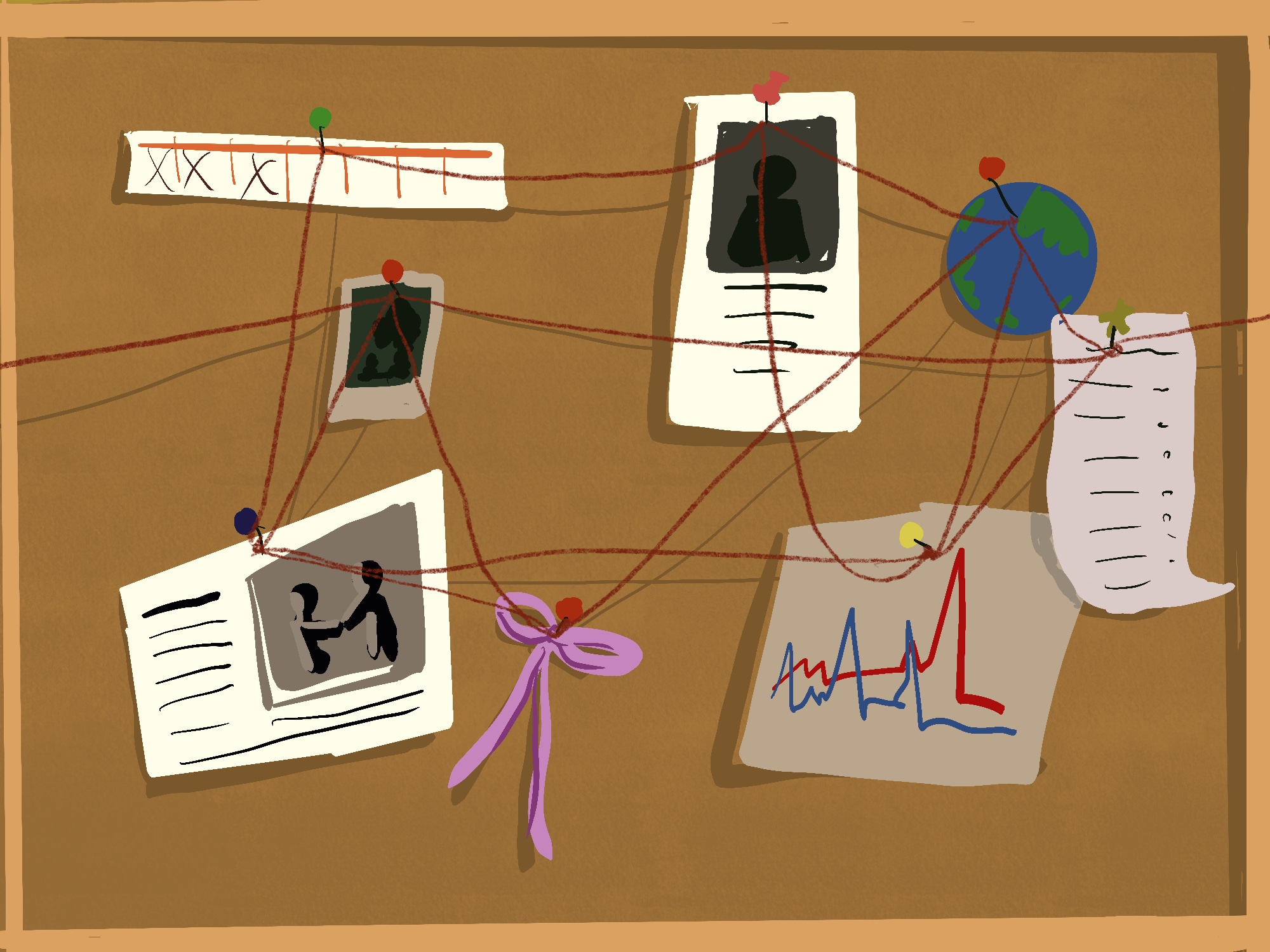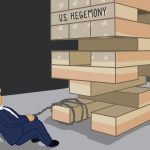I think it’s safe to assume that many of us are exhausted with domestic politics. This was a very troubling election cycle for many of us — and frankly, it would probably feel nice to think of something else for once.
For now, I promise to ignore whatever’s going on within our American borders and take a look around the world.
Argentina experienced shock therapy under current right-wing populist President Javier Milei, who brought sweeping changes to the country’s economy in an attempt to revitalize it from inflation.
That singular goal is going pretty well for Argentina. While the American Federal Reserve struggles to keep inflation to 2%, Milei had to bring it down from 300%. Today, it sits at just under 200%.
But the policies that motivated the decrease include defunding handfuls of government programs, as was part of his campaign promise. Those policies brought the poverty rate in Argentina from 42% up to 53%.

A right-wing populist cutting government programs for the sake of the economy sounds eerily familiar — but I promised not to talk about the United States today.
Up in Canada, housing and immigration are at the forefront of policy, as houses remain unaffordable for many and the blame was shifted onto immigrants. To combat this, Canada’s Federal Reserve, the Bank of Canada, slashed interest rates, bringing them from 5% in June down to 3.75% today.
In spite of this, Canadians still report feeling poorly about their housing crisis, and they have the numbers to match that sentiment, as prices still remain higher than affordable.
A federal bank sharply cutting interest rates in an effort to counter the housing crisis also sounds eerily familiar — but again, I made a promise.
Down under, Australians are facing the exact same housing problem as Canada, as homes are entirely unaffordable for many. But at the same time, Australia has the added weight of a strategic military position.
As China escalates tensions with Taiwan and the Philippines, and North Korea becomes more of a threat against Korea and Japan, Western powers like the United Kingdom and the U.S. are needed to be more present in Australia.
With Taiwan as the best producer of the microchips that power the recent artificial intelligence technology, the country is an important location of defense for the Western nations that buy its chips.
And, speaking of China, batteries are at the forefront of an escalating international trade war. These batteries are critical in two key areas: electric vehicles and modern warfare.
As China leads the world in the production of batteries and electric vehicles, other countries struggled to match their innovation. Because of this, the U.S. and Europe levied painfully high tariffs to incentivize domestic manufacturers to create these batteries and EVs on their own.
In response, China increased tariffs on items like pork and alcohol. This caused frustration from Western farmers and producers, who can’t sell to China anymore.
Germany voted against the European Union tariff on Chinese EVs, as it would hurt German carmakers’ sales in China.
The second area where batteries are an important focus is in the north. The Russia-Ukraine War showed us how different modern-day war is — specifically, the use of drones, whether in delivery of medical equipment or weapons or use in combat such as intelligence or bombs.
To summarize, Ukraine — an ally of the West — buys drones from the U.S., who buys batteries from China, an ally of Russia. So, to flex their power, China recently sanctioned the U.S. companies who buy their batteries.
The punch line of this story? Naturally, it’s to ask what any of this may have to do with us.
Well, I promised I wouldn’t talk that much about the U.S. But men lie all the time.
Not only do echoes of America reverberate throughout the world, as heard in places like in Argentina and Canada, but trade wars and tensions are directly affecting citizens as their governments choose to participate in lose-lose fights.
These countries’ affairs are all intricately intertwined, despite being halfway across the world.
And while it might seem like there’s nothing but bad news, remember history has shown much worse times. The first step in preventing a repeat of history is to be aware of their possibility.














